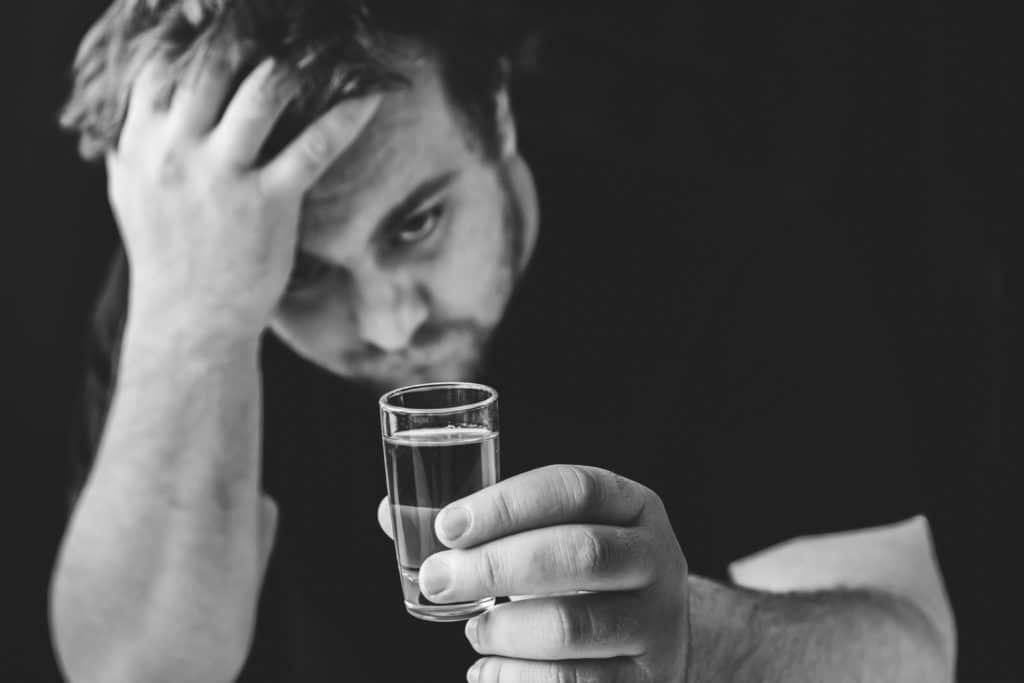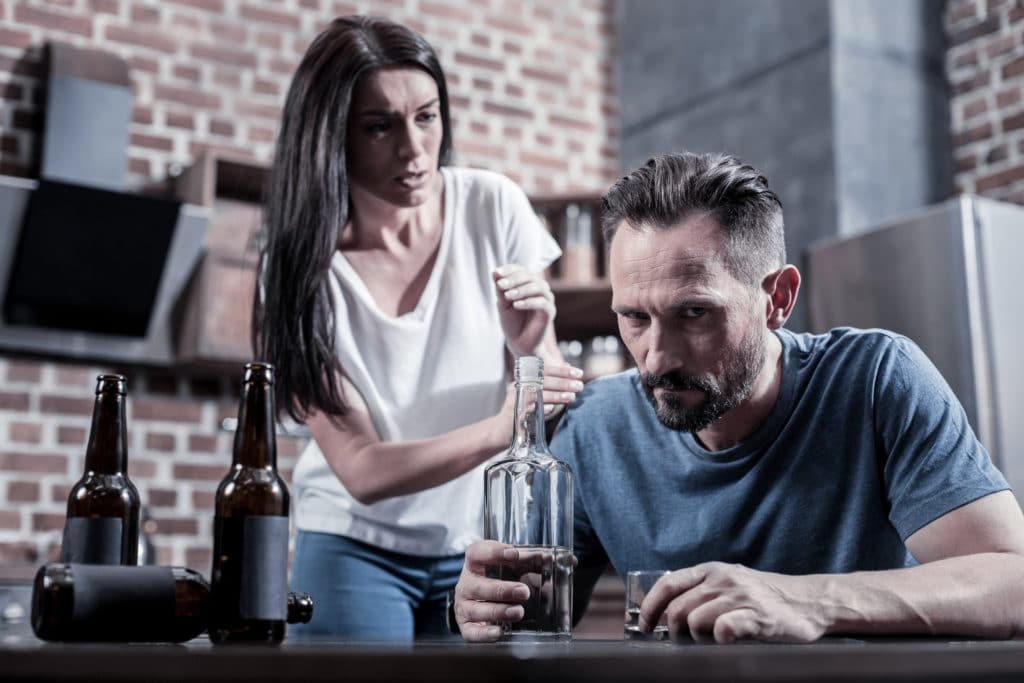What is Alcohol Poisoning?
Alcohol Poisoning occurs when a person drinks high levels of alcohol in a short period. The body cannot process the alcohol fast enough for the liver to filter it out of the bloodstream. According to Medicinenet.com, the medical definition of Alcohol Poisoning is “A condition in which a toxic amount of alcohol has been consumed, usually in a short period. The affected individual may become extremely disoriented, unresponsive, or unconscious, with shallow breathing. Because this kind of poisoning can be deadly, emergency treatment is necessary”. [1]
Every time you drink alcohol, your liver has to filter it out of your blood. Alcohol is absorbed quickly into your body, but it can only process around 1 unit of alcohol an hour. Poisoning by alcohol can also occur if a person drinks household products that contain alcohol. Children sometimes drink these accidentally. The amount of alcohol in your bloodstream, known as your blood alcohol concentration (BAC), will rise. [2]
Aggravating Factors
As stated by The National Institute on Alcohol Abuse and Alcoholism, Other substances such as opioids or sedative-hypnotics, like sleep and anti-anxiety medications, can raise the risk of suffering from Alcohol Poisoning.
“Alcohol use and taking opioids or sedative-hypnotics, such as sleep and anti-anxiety medications, can increase your risk of an overdose. Examples of these medications include sleep aids such as Zolpidem and Eszopiclone, and Benzodiazepines such as Diazepam and Alprazolam. Even drinking alcohol while taking over-the-counter Antihistamines can be dangerous. Using alcohol with opioid pain relievers such as Oxycodone and Morphine or illicit opioids such as heroin is also a very dangerous combination. Like alcohol, these drugs suppress areas in the brain that control vital functions such as breathing. Ingesting alcohol and other drugs together intensifies their individual effects and could produce an overdose with even moderate amounts of alcohol”. [3]
The Dangers of Alcohol
The number of deaths due to Alcohol Poisoning in the US is alarming. According to the Center for Disease Control and Prevention, on average, 6 people died every day from Alcohol Poisoning in the US from 2010 to 2012. Very high levels of alcohol in the body can shut down critical areas of the brain that control breathing, heart rate, and body temperature, resulting in death. Poisoning by alcohol, deaths affect people of all ages but are most common among middle-aged adults and men. About 76% of those who die from alcohol poisoning are men. [4]

There are 2,200 alcohol poisoning deaths in the U.S. each year:
- Most people who die from Alcohol Poisoning are between the ages of 35-64 years old
- Most people who die from this condition are men
- Most Alcohol Poisoning deaths are among non-Hispanic whites. Although a smaller share of the US population, American Indians/Alaska Natives have the most alcohol poisoning deaths per million people of the races.
- Alaska has the most Alcohol Poisoning deaths per million people, while Alabama has the least
- Alcohol dependence (alcoholism) was identified as a factor in 30% of alcohol Poisoning Deaths
Binge drinking can lead to death from alcohol poisoning:
- Binge drinking (4 or more drinks for women or 5 or more drinks for men in a short period of time) typically leads to a blood alcohol concentration (BAC) that exceeds 0.08 g/dL, the legal limit for driving in all states
- US adults who binge drink consume an average of about 8 drinks per binge, which can result in even higher levels of alcohol in the body
- The more you drink the greater your death risk.
Alcohol Poisoning Symptoms
Signs and symptoms include:
- Confusion
- Severely slurred speech
- Loss of coordination
- Vomiting
- Irregular or slow breathing
- Pale or blue-tinged skin caused by low body temperature (hypothermia)
- Being conscious but unresponsive (stupor)
- Passing out
In the most severe cases, alcohol poisoning can lead to coma, brain damage, and death.
If you suspect someone you love is suffering from Alcohol Poisoning, dial 911 immediately. While you wait, these are a few things you can do:
- Try to keep them sitting up and awake
- Give them water if they can drink it
- If they have passed out, lie them on their side in the recovery position and check they’re breathing properly
- Keep them warm
- Stay with them and protect their head
- Never leave a person alone to “sleep it off”.
The level of alcohol in a person’s blood can continue to rise for up to 30 to 40 minutes after their last drink. This can cause their symptoms to suddenly become much more severe. You also should not try to “sober them up” by giving them coffee or putting them under a cold shower, for example. These methods will not help and may even be dangerous. [4]
Consequences of poisoning by alcohol
An individual suffering from Alcohol Poisoning may experience the following symptoms:
- Stop breathing
- Heart attack
- Choking on their own vomit
- Severe dehydration
- Temporary or Permanent Brain Damage
- Severe hypothermia
- Seizures
- Vomiting blood

Treatment for Alcohol Poisoning
When a person is delivered to the hospital due to Alcohol Poisoning, the medical care has to carefully monitor the patient until the alcohol has left their system. The treatment may include:
- Inserting a tube into their mouth and windpipe (intubation) to open the airway, remove any blockages and help with breathing
- Fitting an intravenous drip, which goes directly into a vein, to top up their water, blood sugar and vitamin levels
- Fitting a catheter to their bladder to drain urine straight into a bag so they do not wet themselves
Alcohol Levels
Each unit of alcohol affects your body; the more you drink, the higher the risks. A unit of alcohol is equivalent to half a pint of lower-strength lager, beer, or cider (ABV 3.6%) a single small shot of spirits (25ml, ABV 40%). This is what happens to your body when you drink:
1-2 Drinks
- Heart rate will speed up and your blood vessels will expand
- Feelings of warmth, sociable feeling associated with moderate drinking
4-6 Drinks
- Your decision making and judgement will start to be affected, making you lose your inhibitions and become more reckless
- The cells in your nervous system will start to be affected, making you feel lightheaded
- Your coordination will be affected and your reaction time may be slower
8-9 Drinks
- Your reaction times will be much slower
- Your speech will be slurred
- Your vision will begin to lose focus
- Your liver will not be able to remove all of the alcohol overnight, so it’s likely you’ll wake up with a hangover
- At this stage you should seriously consider not drinking any more alcohol.
10-12 Drinks
- Impaired coordination
- Lowered Inhibitions
- Dizziness or Disorientation
- Alcohol in your body will begin to reach toxic levels
- Frequent urination
- Severe Dehydration and/or headache
- The excess alcohol in your system may upset your digestive system, leading to nausea, vomiting, diarrhoea or indigestion
More than 12 Drinks
- You’re at high risk of developing Alcohol Poisoning, particularly if you’re drinking lots of units in a short space of time
- The alcohol can begin to interfere with the automatic functions of your body, such as your breathing, heart rate and gag reflex
- High risk of losing consciousness
Reclaim your life from Alcohol Use Disorder, We Level Up Center California
Experiencing too many Alcohol Poisoning episodes can be a sign of Alcohol Use Disorder. Alcoholism is a serious disease that should not be taken lightly. We Level Up Treatment Center can provide you, or someone you love, with the tools needed to recover from Alcoholism with professional and safe treatment. Feel free to call us to speak with one of our counselors. We can inform you about this condition by giving you relevant information. Our specialists know what you are going through. Please know that each call is private and confidential.
Sources:
[1] ‘Medical Definition of Alcohol poisoning’ – Medicinenet.com
[2] ‘Alcohol poisoning’ – Nhs.uk
[3] ‘Understanding the Dangers of Alcohol Overdose’ – The National Institute on Alcohol Abuse and Alcoholism (niaaa.nih.gov)
[4] ‘Alcohol Poisoning Deaths’ – Centers for Disease Control and Prevention (cdc.gov)
